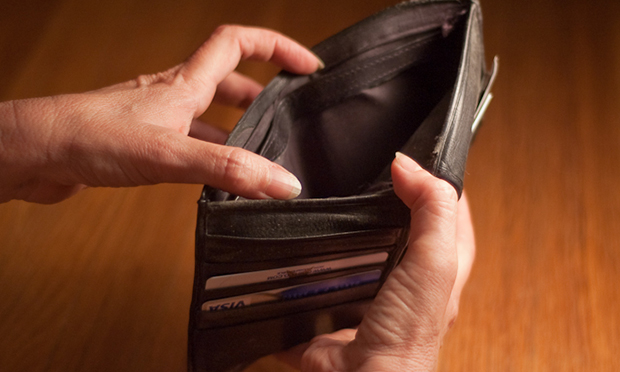Working age households could face extra £100 a year burden under new council tax proposals

Out of pocket: working age people are facing higher tax bills. Photograph: NoHoDamon
People of working age who get help paying their council tax could see their yearly bill rise by almost £100 if new proposals go ahead.
The Town Hall is currently consulting on reforms to its Council Tax Reduction Scheme (CTRS), and its preferred option is to increase the minimum contribution that all working age claimants must pay by five per cent.
For a single person with no children, receiving Employment Support Allowance, and living in a Band B property, the change would see their weekly contribution upped from £2.23 to £4.09 – which works out at £96.72 per year.
Pensioners would not be affected.
The CTRS helps residents on low incomes pay their council tax, and the amount of support is determined through a “means test”.
The scheme has remained unchanged since it was introduced in April 2013.
According to the Town Hall, the CTRS is now out of date and no longer aligns with other means-tested benefits, meaning it is less beneficial for working households compared to non-working households.
The scheme helps around 32,000 Hackney residents and costs roughly £25 million a year to deliver, but the Town Hall says this is expected to rise by £500,000 by 2019.
Currently, a Hackney resident liable for council tax could get up to 100 per cent of it paid through the CTRS if they are a pensioner, or up to 85 per cent if they are of working age.
Mayor of Hackney Philip Glanville said: “When the government handed responsibility for administering council tax-related benefits to local government, it did so with a massive funding shortfall, on top of a huge reduction in overall funding for councils.
“It’s not been an easy decision to increase the minimum contribution we ask working age households to pay. We considered many other options, as detailed in the consultation paper, and we will continue to provide extra support for the most vulnerable people.
“In addition, local care leavers will now be exempt from paying council tax and those fleeing domestic abuse will not have to pay it for a second property.”
“We think this is the fairest option but we want to know what residents and stakeholders think, so I’d encourage everyone to take part in the consultation to feed back their thoughts so that we can make a decision in the New Year.”
The consultation runs until 6 November, with any changes expected to come into force on 1 April 2018.
To have your say, please visit the consultation page on the council’s website here.
